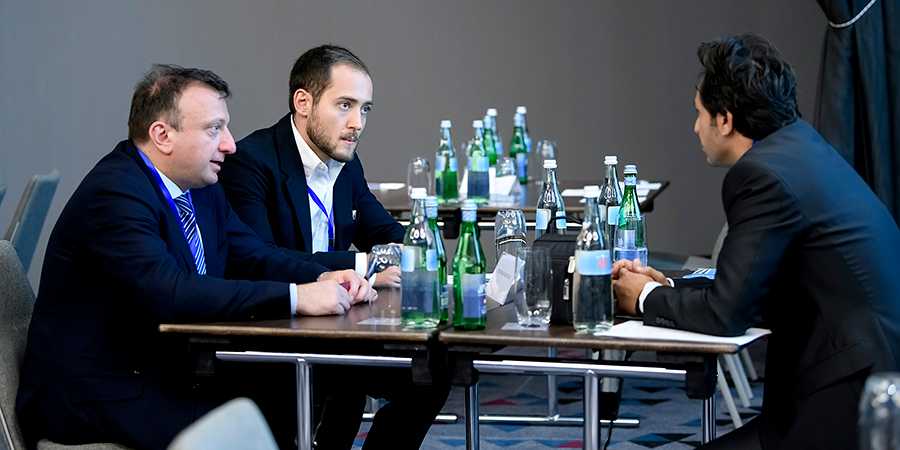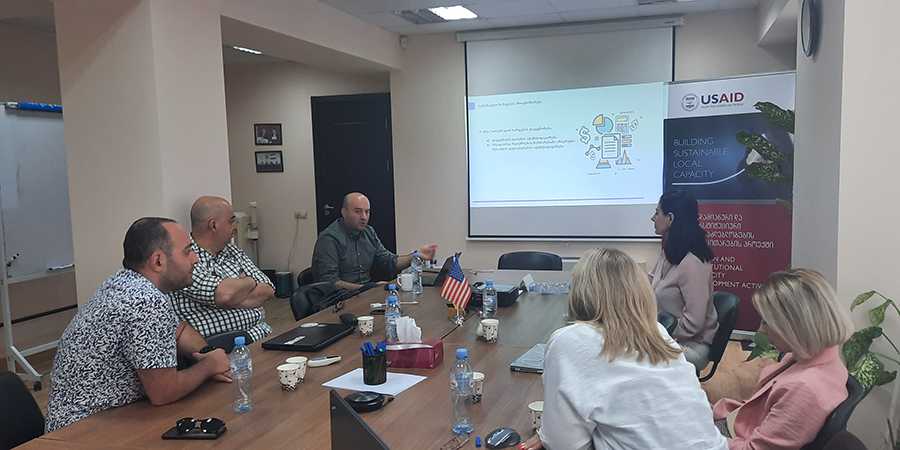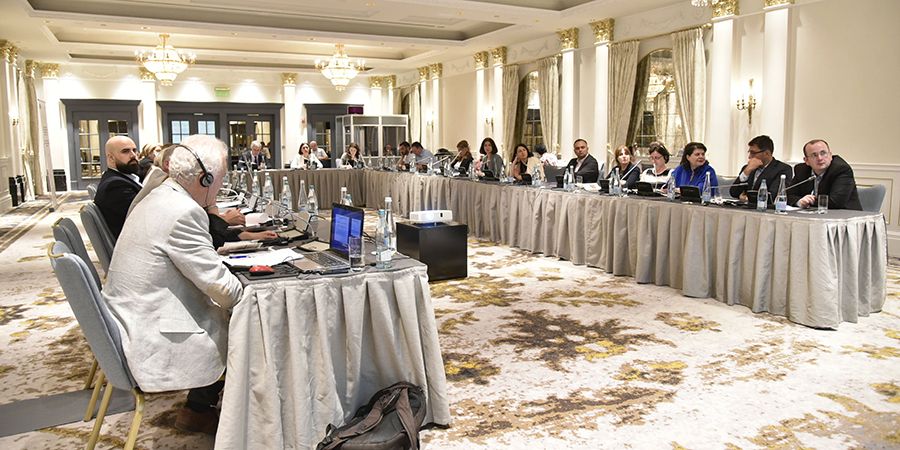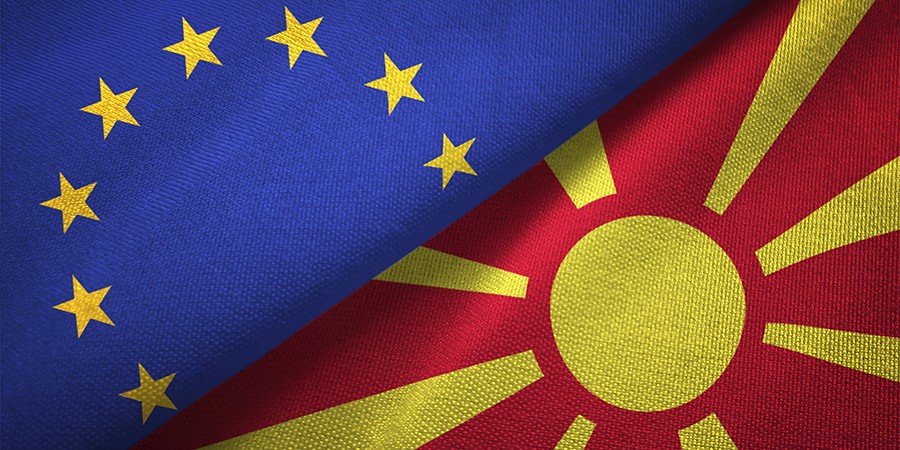Investment and Export Promotion via Diagonal Cumulation between Georgia, Türkiye, and the European Union
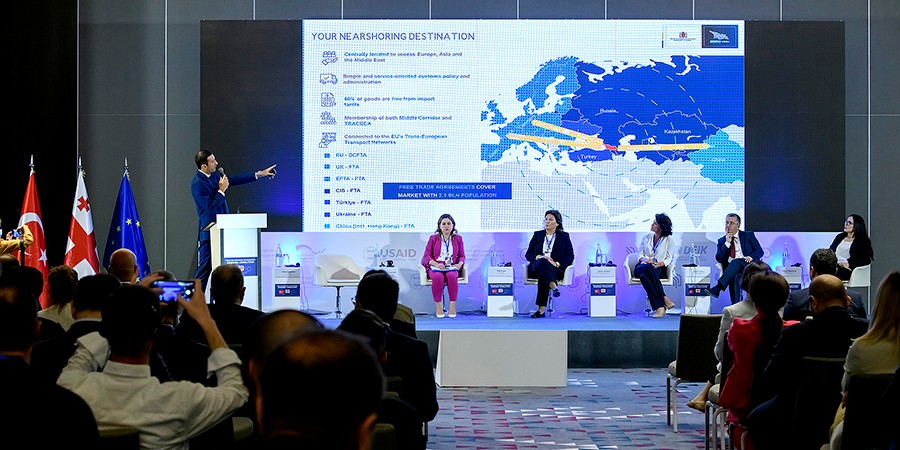

On September 9, we presented the findings of the research entitled “Investment and Export Promotion via Diagonal Cumulation between Georgia, Türkiye, and the European Union” at a forum organized by the Ministry of Economy and Sustainable Development of Georgia with the support of the USAID Economic Security Program, the EU, and GIZ. The research was developed as part of the USAID Economic Security Program in Georgia.
Georgia, the EU, and Turkey have agreed on diagonal cumulation with regard to the trade of industrial products, which enables Georgian entrepreneurs to use raw materials and intermediate goods from Turkey for the production of final goods and to export them to EU markets under the free trade agreement (FTA).
“Exporting products made with Turkish raw materials to EU countries within the framework of a free trade agreement may spur Turkish entrepreneurs to open enterprises in Georgia, as previously happened in the case of textiles. We think this opportunity will be extended to other sectors as well,”
said Giorgi Darchia, the USAID Economic Security Program Representative.
“PMCG has developed a research methodology to identify promising value chains and products, the production of which will be potentially valuable in relation to the ongoing diagonal cumulation between Turkey, Georgia, and the EU. In particular, we have analyzed Turkish sectors and value chains, the comparative advantages of products on the global market, rules of origin, as well as production processes and factors. Furthermore, we have investigated the advantages of manufacturing selected products in Georgia,”
said Mikheil Janelidze, Sector Lead at PMCG.
The purpose of the presented study was to reveal the most promising sectors and value chains for investment attraction and export promotion, which could also benefit from utilizing diagonal cumulation. The research team analyzed the export performance of Turkish goods to EU countries and developed a list of competitive products selected using a methodology developed specifically for the study. Within the priority sectors / value chains, 16 products were deemed to have the greatest economic potential for Georgia, produced with Turkish raw materials and to be exported directly to the EU through the FTA.
“With the help of the consulting firm PMCG, we analyzed the production capacity of enterprises, raw materials in Turkey, and the export of their products to EU countries – found where the growth trends are as well as the human resources in Georgia and the institutional knowledge necessary for a particular industry to be easily mastered by the private sector in Georgia,”
said Giorgi Darchia.
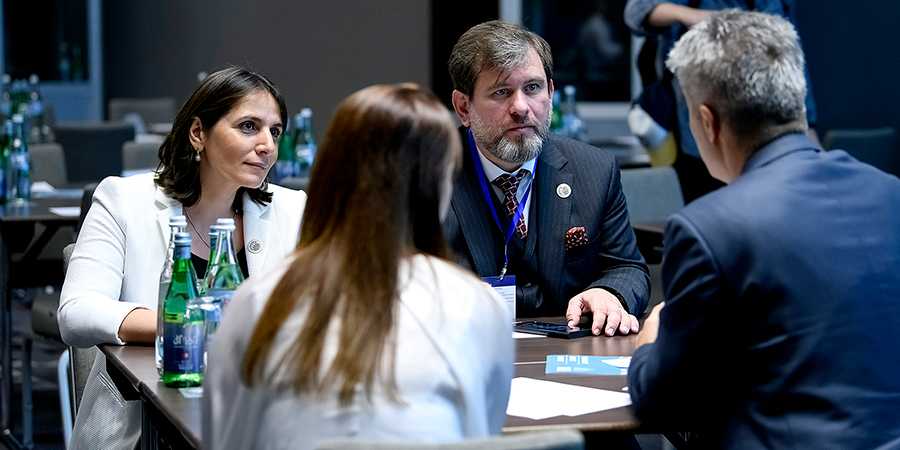
Along with identifying products the manufacturing of which will ultimately benefit Georgia, the project also identified Georgian and Turkish companies, giving priority to companies with international experience, production potential, and women entrepreneurs and managers.
“Diagonal cumulation, together with the growth of Georgian exports to the EU, will also contribute to the inflow of foreign direct investment (FDI). Moreover, by promoting the cooperation of Georgian and Turkish companies, diagonal cumulation will encourage innovation in the Georgian and Turkish business sectors and lead to the creation of new jobs,”
added Janelidze.
The event was attended by representatives of the governments of Georgia and Turkey, USAID, as well as the diplomatic corps of the EU, entrepreneurs from Germany, Turkey and Georgia, and representatives of relevant chambers of commerce and associations.
Follow the link to read the research: Investment and Export Promotion via Diagonal Cumulation between Georgia, Türkiye, and the European Union.
